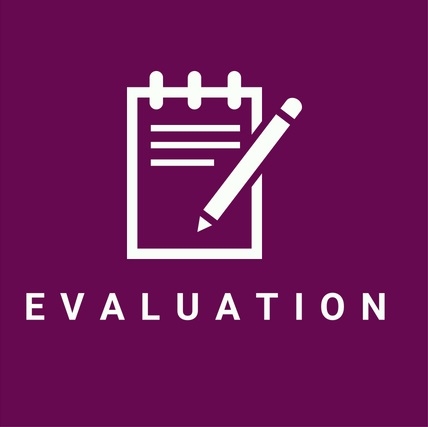Projects
CCBR typically has 15-20 ongoing projects and has completed over 500 projects since 1982. Each project is guided by our commitment to impacting social change in practical and powerful ways. We conduct research with people not on people, cultivating respect with communities at every step of the process.
Projects can be searched for using words from the project title or using the service area, theme, or date range for the project. You can also type 'Service Area' or 'Theme' into the search bar to get a list of options in each of these fields.
In the first phase of this project, CCBR collaboratively designed and conducted a process and outcomes evaluation of the Substance Use Hub at the Inner City Family Health Team (ICFHT) clinic in Toronto. Through the Hub, patients have access to life-saving drugs, peer support, and a team of trained physicians, nurses, and support staff. The Hub also offers a safer supply program, to prevent overdose and other harms by decreasing reliance on the unpredictable, unregulated drug market. Our evaluation of the Hub investigated its effectiveness as a comprehensive substance use care model.
Our evaluation included participation from people with lived and living experience with substance use, to further project development, data collection and evaluation. Client surveys and roundtables, and interviews with clinicians and health navigators, supported us in learning more about how clients experience the safer supply program and its impact on their lives.
The ICFHT provides seamless multidisciplinary primary care to homeless and previously homeless individuals in Toronto. ICFHT addresses health, housing, and social care needs for people who are transitioning to community-based living. They do this in partnership with Inner City Health Associates (ICHA), a group of 200 physicians and nurses offering specialized services to people living on the street and in shelters, encampments and precarious housing across Toronto. ICHA provides integrated care and support to people experiencing homelessness, while seeking excellence in homeless health services and an end to homelessness.
The results of this evaluation included two presentations of the evaluation results to physicians and staff. A visual summary of the evaluation results was produced for clients, which was printed and shared with ICFHT for distribution. A digital format of the visual summary was also created for sharing on-line. A final, outward-facing report was also prepared.
In the second phase of this evaluation, CCBR and ICFHT worked together to develop and transfer an evaluation framework and tools to ICFHT for on going implementation. This included revising the evaluation questions, based on the lessons learned through the first phase of this partnership, and the production of new evaluation tools (surveys and focus group protocol). CCBR worked with ICFHT to set up the surveys on their internal systems, and analysis was conducted collaboratively with coaching from CCBR integrated into the process. The focus groups with clients were facilitated by CCBR, and shadowed by ICFHT members as a capacity-building exercise.
The evaluation questions and results were presented to an internal team of physicians and staff at ICFHT for feedback and guidance. This team included individuals with lived experience of substance use.
The results of this project extension were reported in a short, internal report for ICFHT.

